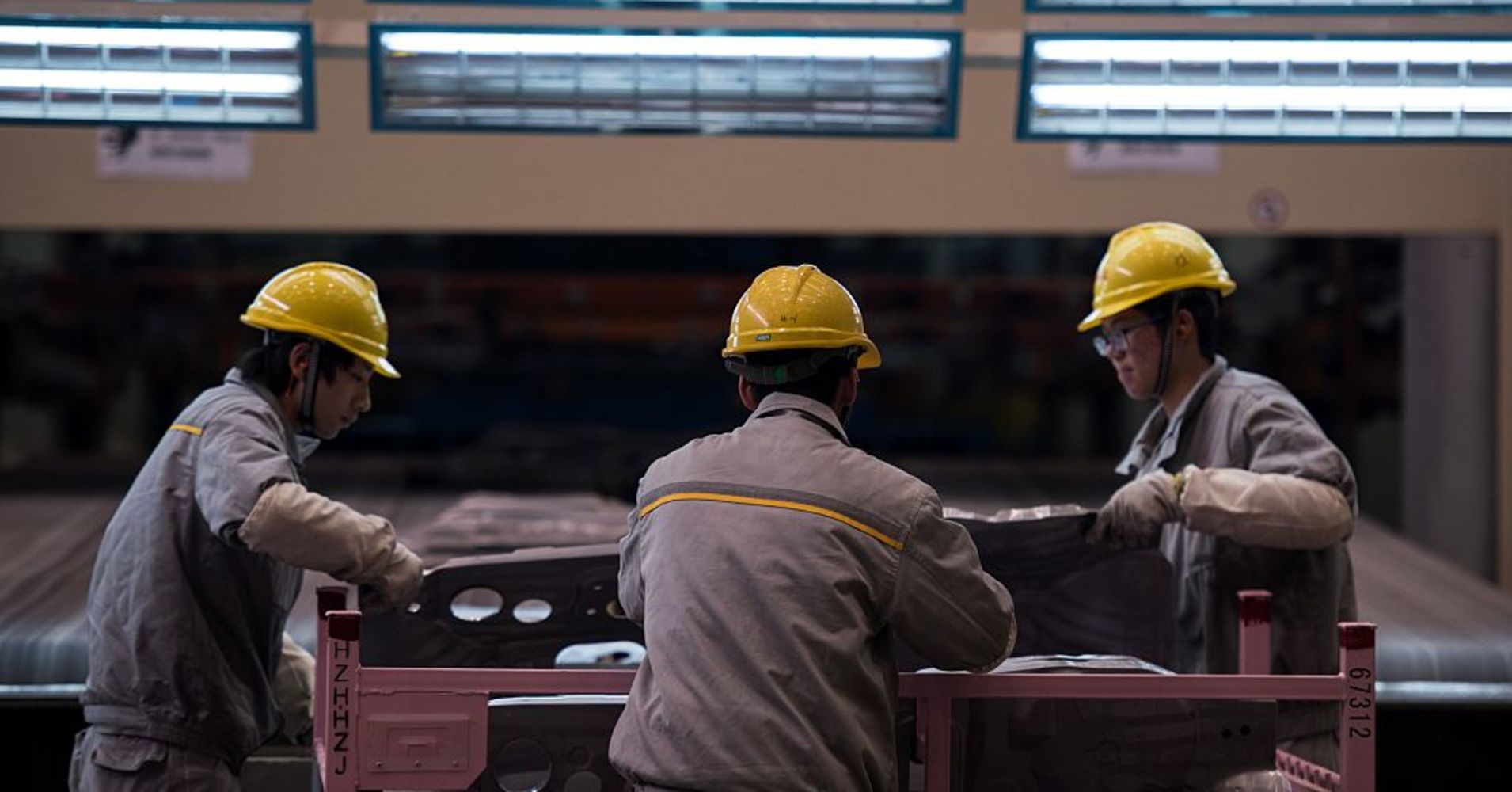
China might be making some progress on its reform agenda, but a lack of more ambitious changes will lead to an elevation in existing tensions bubbling in the global economic system, a new report from the European Union Chamber of Commerce in China warned.
“[M]uch of the opening that has taken place so far is of limited value to international businesses operating in China. For some, it is simply too little, too late, for others, it is that without complementary reforms, the opening is negligible,” said the report, which traced the country’s reform agenda since Chinese President Xi Jinping’s Davos speech promoting globalization last year.
That’s not to say that China has made no progress.
The EUCCC said Beijing has made some strides in some fields, including the stricter enforcement of environmental protection policies, streamlined measures at the local government level for businesses, standards-setting for consumer goods, and steps taken to encourage growth in the R&D industry.
Although the changes seen since the beginning of 2017 have been relatively swift, most of the measures taken to increase market access are best characterized as “necessary but insufficient,” the EUCCC said.
While some developments have taken place, the EUCCC took issue with a number of drawbacks in China’s reform agenda, which the body said have “overshadowed” much of the progress secured.
Those shortcomings included the dominance of state-owned enterprises, technology transfers and regulatory challenges faced by international businesses operating in China, including ambiguous rules and discretionary enforcement.
The issues were similar to areas raised by the U.S. in its ongoing dispute with China, with the two countries having already argued at the World Trade Organization over forced technology transfers.
Even though EUCCC President Mats Harborn acknowledged the U.S. had a point in seeking to alter the dynamics of its trading relationship with China, he emphasized the tariffs were not the solution.
“The most important thing is we get away from using tariffs as a tool. That is very dangerous for the world economy, dangerous for our operations,” he told CNBC’s Eunice Yoon, adding that in the worst case scenario, the escalation in tensions could trigger the end of the business cycle.
“We don’t need to talk about taking sides. We just need to commit to economic globalization,” Harborn said.
The organization called for Beijing to adopt “deep and far-reaching market reforms” going forward, pointing out the Trump administration’s more aggressive approach to China, and the European Union’s attempt to get tough on unfair technology transfers as instances of the patience of stakeholders worn thin.
But ultimately, the European Chamber’s members “need China’s economy to be successful as much as China does,” the report said.
That comes as Chinese Premier Li Keqiang visits Bulgaria and Germany ahead of a two-day Sino-European summit beginning on July 16. Reuters reported on Monday that Germany and China had signed deals worth some 20 billion euros ($23.6 billion) during Li’s visit.
China and the European Union have been taking steps to strengthen trade ties recently in the wake of the U.S. sharking up the world trade order and implementing duties on several of its key trading partners and allies, including the EU.
— CNBC’s Silvia Amaro contributed to this report.

